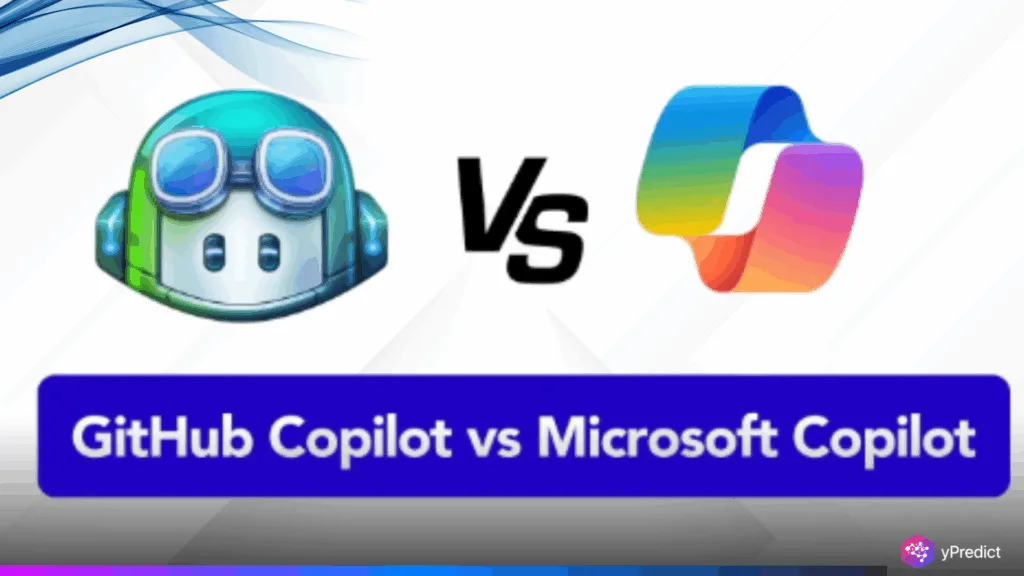
GitHub’s full integration into Microsoft CoreAI closes the chapter on its time as a semi-independent platform and places it squarely at the center of Microsoft’s AI strategy. The structural change is decisive. Thomas Dohmke, who has led GitHub since 2021, announced he will step down at the end of this year to return to building his ventures. Instead of appointing a new CEO, Microsoft has eliminated the role, bringing GitHub leadership under CoreAI’s direct oversight. Revenue and engineering now fall to Julia Liuson in the Microsoft Developer Division, while product leadership, including Copilot teams, reports to Asha Sharma, VP of AI platforms. This merger leaves little room for GitHub to operate outside the priorities of CoreAI.
An end-to-end AI foundation for developers
GitHub hosts over a billion repositories and forks, serving 150 million developers across the globe. In just the past year, AI-focused projects on the platform have doubled. GitHub Copilot alone has reached 20 million users, with enterprise adoption rising 75 percent quarter over quarter. It now has a footprint in 90 percent of Fortune 100 companies. On the CoreAI side, Azure AI Foundry runs over 1,900 models, which will now serve as the unified foundation for GitHub, VS Code, and Azure AI-powered tools. That alignment gives Microsoft an end-to-end AI stack covering model creation, embeddings, inference infrastructure, and agentic runtimes, all tied directly into developer workflows.
Bringing GitHub should also speed up the delivery of AI features, especially for Copilot. Putting model teams, inference infrastructure, and product leadership in one place should speed up new features. These could include agent modes, multistep coding help, and tighter links between Microsoft’s development tools. For enterprises, the setup also promises better security and billing built into workflows. This can make it easier to adopt AI at scale with less friction.
Balancing GitHub Autonomy
GitHub will no longer make decisions independently. Its roadmap will now follow CoreAI’s platform-wide goals. Projects may need to fit with Azure’s strategy or be ready to lose priority. This may worry developers who value platform neutrality. Governance and trust will be big questions. Microsoft now controls the leading code hosting platform. It also controls the AI services built into it. It raises concerns about data use for policy fairness, model training, and antitrust issues.
Expectation in Developer Communities
Experts are cautiously supportive of the move. Mitch Ashley from Futurum Group called it vital for Microsoft’s AI ambitions but stressed the need to keep GitHub’s open culture to maintain developer trust. Developers themselves are split. On Reddit, some joked about “Clippilot” replacing Copilot, while others worried about pricing changes and a drop in workflow quality. There’s also uncertainty over how Microsoft will charge for the service. There is uncertainty about whether it will be per user, per CPU core, or even per commit.
What happens next will determine the balance between innovation and control in Microsoft’s developer world. Moving GitHub into CoreAI makes Copilot central to Microsoft’s strategy, with unified AI systems that can speed up updates and roll out advanced features across its tools. The benefit could be a faster developer experience.





